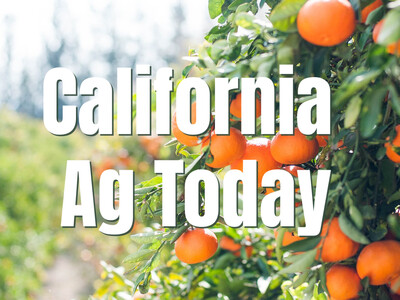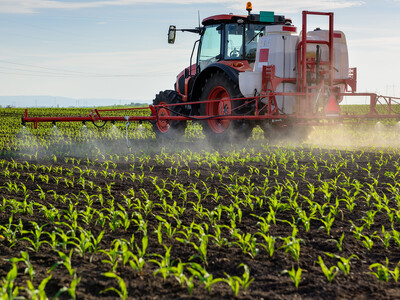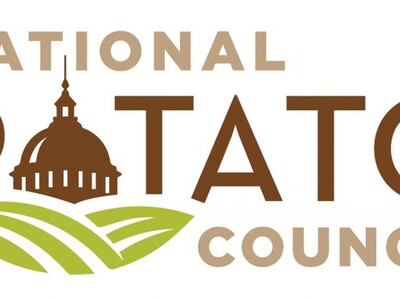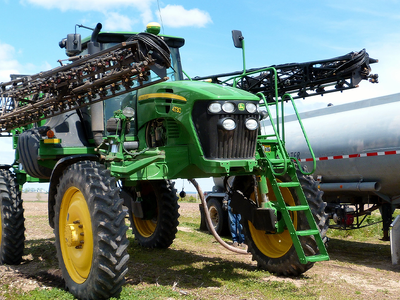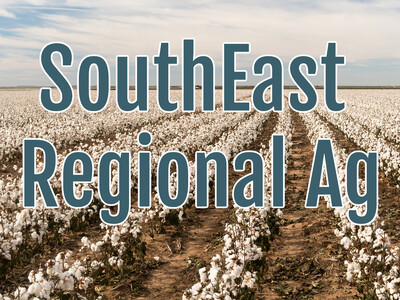Pesticide AI Study Pt 1
From the Ag Information Network, I’m Bob Larson with today’s Fruit Grower Report. Researchers at Oregon State University’s College of Engineering are putting the power of artificial intelligence to good use in helping protect bees from pesticides.Assistant professor Cory Simon admits pesticides are really beneficial for increasing crop yield and quality, and providing food security …
SIMON … “But they can also inadvertently harm off-target species like bees, wild bees and honeybees. Those are really important for pollination, as we know. And the other factor is that eventually pests evolve resistance to pesticides so new pesticides are going to be continually developed. And we need to predict if newly proposed pesticides are going to be toxic to bees.”
So, Simon says that got them to thinking …
SIMON … “And so, we built a computational model that essentially looks at a pesticide molecule, a new pesticide, and it predicts whether or not that’s going to be toxic to bees.”
Which, Simon says begs the question …
SIMON … “And so how do we achieve that? We use machine learning, also known as Artificial Intelligence. And we relied on a data set of more than 350 example pesticide molecules. They were actually exposed to honeybees in honeybee toxicity experiments.”
Which gives the machine learning enough information to associate patterns with toxicity.
Tune in tomorrow for more on this OSU bee protection study.










